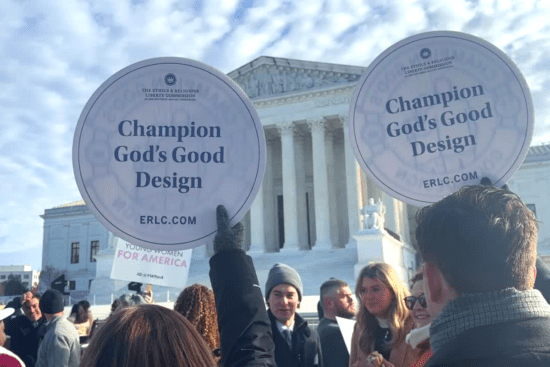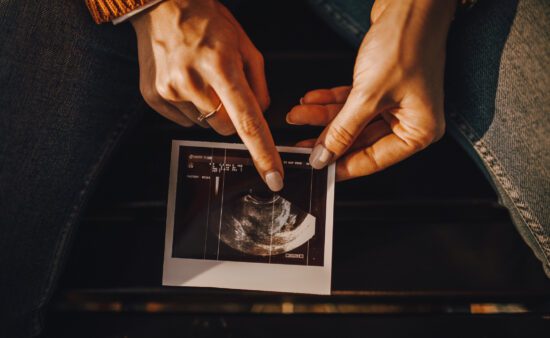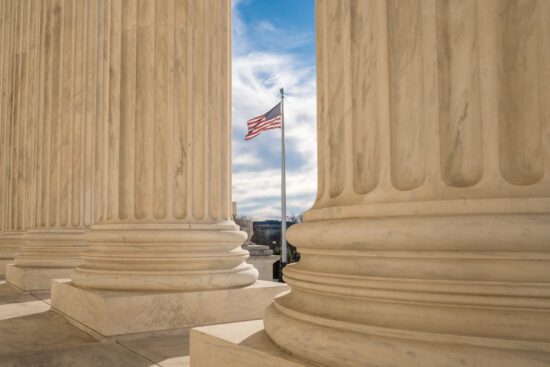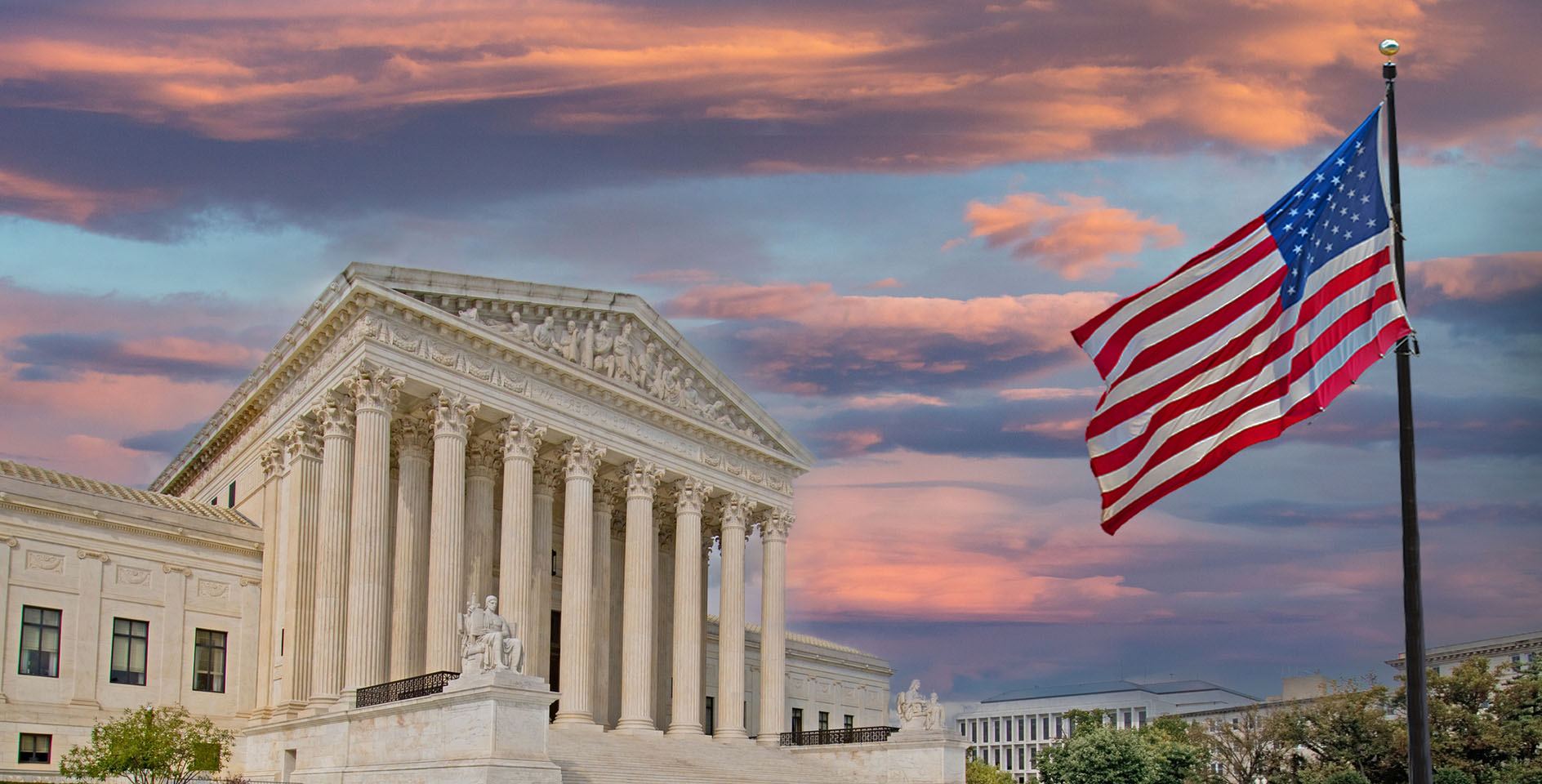In the wake of the recent shooting at Covenant School in Nashville, Tennessee, Gov. Bill Lee has called on Tennessee lawmakers to introduce an Order of Protection law aimed at preventing firearms from being bought or possessed by people who may be a danger to society or themselves.
Gov. Lee’s proposal is fundamentally about providing law enforcement officers with the tools necessary to protect citizens, while upholding the rights of Tennesseans to exercise their constitutional rights.
What is the Order of Protection proposal?
Gov. Lee’s proposal is not a new law, but rather builds on already existing legal frameworks and standards. In particular, it is linked to the existing Order of Protection for domestic violence. Currently, if a husband threatens to abuse a wife in Tennessee, an order of protection may be issued by the court temporarily restricting the husband’s access to weapons. This proposal expands that law to allow the same court to temporarily restrict access to weapons should a person threaten to attack a church, school, or other area of the community.
The Order of Protection would institute a system so that firearms could be temporarily removed from individuals who have been deemed in a court of law to be a potential threat to themselves or others.
The first step in the process is the involvement of law enforcement. Upon an official report that a person is a danger to themselves or others, law enforcement officers would conduct an investigation. If the officers deem that there is sufficient evidence for an individual to meet the evidentiary standard, then law enforcement would file a petition to the court.
Once the petition is filed, the court has an extensive process which includes:
- Setting a hearing date
- Notifying the individual
- Having a homicide/suicide assessment conducted by medical professionals
The court process requires that both sides have legal representation. Thus, there is a high bar for the process to begin, and individuals are entitled to full due process so as to challenge the claims of the court if they believe they are in error.
If the court grants the order of protection, then a person’s firearms may be removed for up to 180 days. The judge would also be required to consider alternatives before issuing the order. The firearms must be surrendered to either a third party or to law enforcement. Additionally, individuals may petition to have the firearms returned. The proposal also includes penalties for false reports.
The Order of Protection Proposal is Not a “Red Flag” Law
Red flag laws, also known as Extreme Risk Protection Orders, are currently effective in 19 states along with Washington, D.C. The guidelines and specific provisions vary from state to state, but there are key differences between these laws and Gov. Lee’s proposal.
First, the Order of Protection only allows law enforcement officers to make the official request to the court. Some red flag laws allow multiple actors—such as medical professionals, family members, educators, and other individuals—to file a petition before the court to have firearms confiscated. However, the governor’s proposal restricts the power of filing the petition to law enforcement alone, supporting them in their efforts to prevent crime.
Additionally, Gov. Lee’s proposal allows for a structured procedure to meet all the demands of due process. Many states’ red flag laws include an emergency ex parte. An ex parte allows for an expedited process in which firearms can be confiscated prior to a court hearing. In some states, the ex parte emergency seizure can last up to one year. The proposal from Gov. Lee does not include this provision, meaning that a person can only be dispossessed of the firearms if they go through the entire court process, which means due process is preserved.
How have Southern Baptists spoken to this issue?
Southern Baptists have spoken clearly about the need to meet and curb the plague of mass shootings in recent history.
- The messengers to the annual meeting in 2018 passed a resolution, “On Gun Violence and Mass Shootings.”
- This was reaffirmed in 2022 in the resolution, “On the Imago Dei and the Helpful Content Submitted in Several Resolutions.”
Both resolutions affirmed the solidarity of the convention “with all those victimized by gun violence.” Further, the 2022 resolution called on local, state, and federal leaders to “take concrete steps, toward solutions that uphold the dignity and value of every human life . . . and to minimize the threat of gun violence throughout our society.”
Additionally, Randy Davis, president of the Tennessee Baptist Mission Board, in addition to a group of pastors in the Middle Tennessee region, sent a letter to the members of the Tennessee General Assembly. In a Baptist and Reflector article, Davis commented on the Order of Protection:
“This is personal for me. . . . . I am a gun owner and I strongly support the Second Amendment, however I also have a daughter who is a school teacher. She loves the children she teaches. She and her students, like all teachers and students, deserve a safe environment in which to teach and learn.
“Measures must be taken to address the mental health side of gun violence, especially as it pertains to mass shootings and the unnecessary and deeply unfortunate deaths of innocent people such as 9-year-old children.”
Representing more than 20% of the state’s population, these Southern Baptists and other ministers called on the members to support Gov. Lee’s proposal reminding them of their duty before God as “His servant[s] in matters of justice, protecting the vulnerable from those who do evil” (Rom. 13:1-7).
As ERLC President Brent Leatherwood explained in his own letter to the Tennessee Assembly, the actions of Southern Baptists are drawn from the commitment that every life possesses intrinsic value and worth. The same convictions, Leatherwood argued, that motivate Christians to protect the preborn, urge them to protect vulnerable children from the violence of mass shootings.









